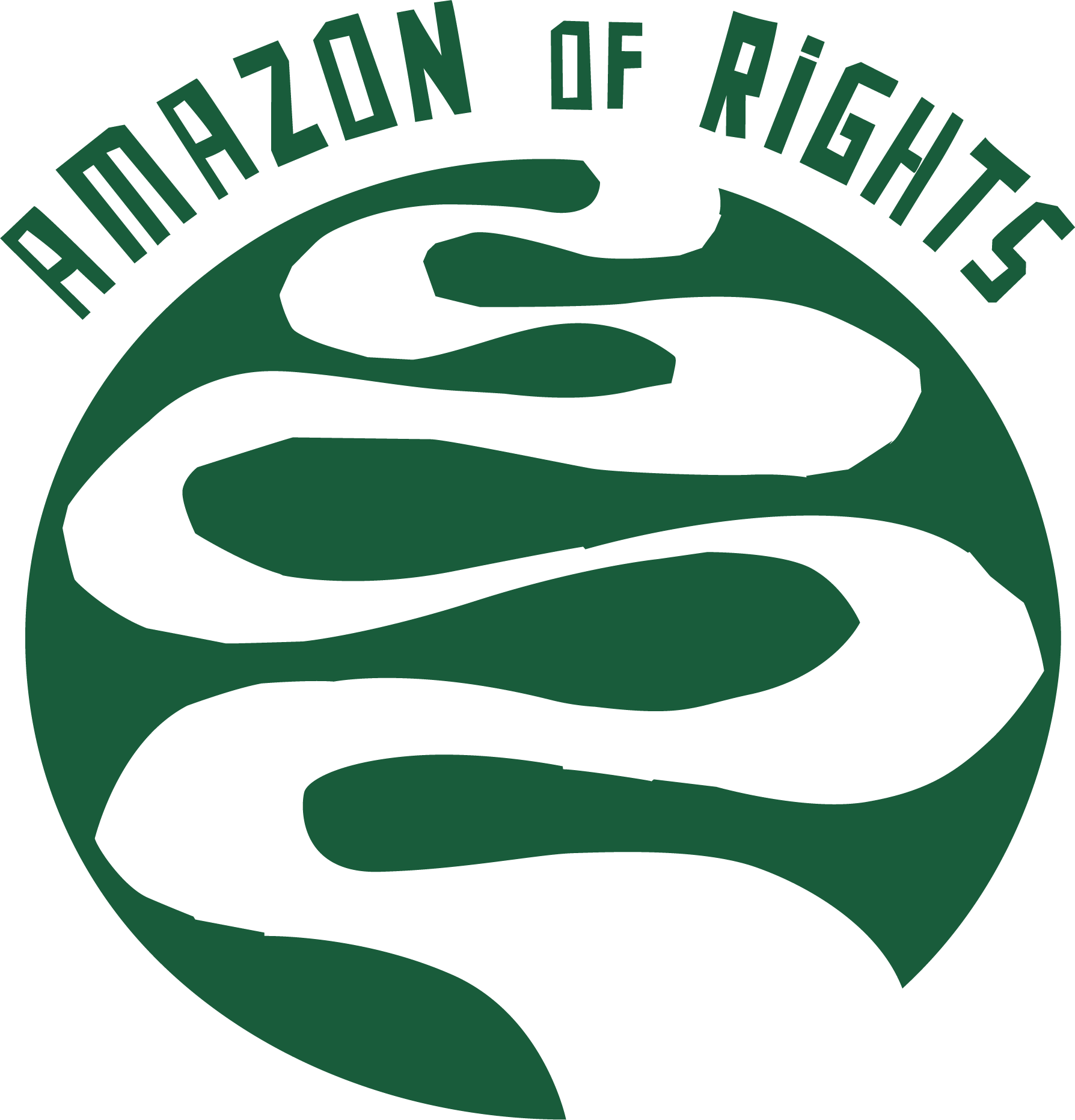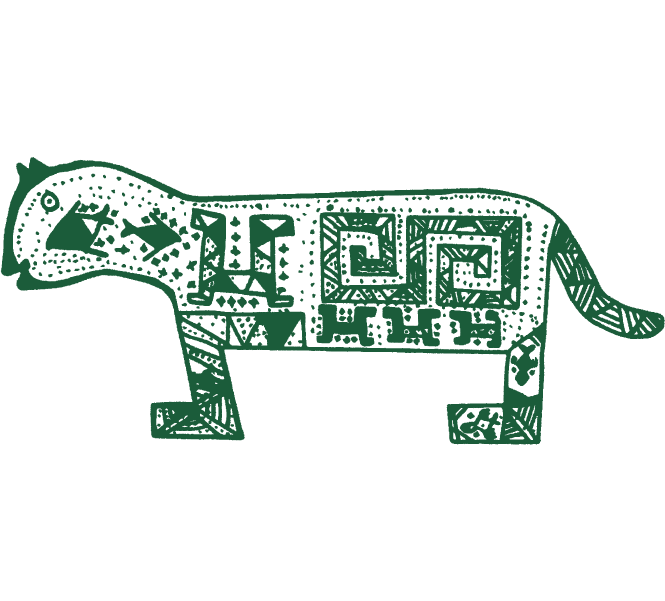Ecuador
Ecuador’s Legal Recognition of the Rights of Nature
In 2008, Ecuador became the first country in the world to legally recognize the Rights of Nature by incorporating them into its national constitution. This groundbreaking development marked a significant shift from traditional environmental law by granting ecosystems inherent legal rights. Rooted in the indigenous sumak kawsay philosophy—meaning "good living" in Quechua—these principles emphasize ecological balance, community, and respect for nature as essential for sustainable living.
The legal recognition of these rights was a response to the environmental degradation caused by extractive industries, particularly oil exploitation, which accounts for 29% of Ecuador’s GDP but has led to massive deforestation, water contamination, and illness. Indigenous communities, especially in the Amazon, bore the brunt of this exploitation. Facing social, economic, and environmental injustices, these groups mobilized to advocate for an alternative development model. Their efforts culminated in the Constitutional Assembly, with the aim of creating a constitution based on sumak kawsay and recognizing nature’s intrinsic value.
After years of political and social mobilization, President Rafael Correa’s administration drafted and passed the new constitution in 2008. The constitution’s Articles 71–74, along with Article 10, codify the Rights of Nature, granting legal standing to ecosystems, allowing communities to petition on their behalf, and requiring the government to remedy environmental harm. These articles represent a break from the traditional view of nature as merely property to be exploited, reframing it as a legal subject with inalienable rights.
The Rights of Nature include four central principles: the right to exist and thrive, the right to restoration in cases of ecological damage, the prevention of ecological harm, and equitable access to environmental resources. These principles emphasize that the government, businesses, and individuals are accountable for respecting and upholding these rights. For instance, Article 72 ensures restoration efforts for ecosystems damaged by resource extraction, and Article 73 prevents practices that lead to ecological collapse, such as introducing invasive species or altering natural cycles.
The legal effects of this constitutional framework are already evident. One landmark case was Wheeler v. Director de la Procuraduría General Del Estado de Loja (2011), where residents successfully sued the government for violating the Rights of Nature by failing to conduct an environmental impact assessment during a road expansion project that harmed the Rio Vilcabamba. The court’s decision prioritized the rights of nature, establishing a precedent for future legal cases.
Another example is the Yasuni ITT Initiative, which sought to leave oil reserves untouched to protect biodiversity and combat climate change. The initiative aimed to raise international funding to offset economic losses from halting oil extraction. Additionally, in 2021, the Constitutional Court ruled against mining permits in Los Cedros, a protected cloud forest, determining that mining would violate the Rights of Nature and biodiversity.
Ecuador’s Rights of Nature philosophy represents a shift from anthropocentrism to ecocentrism, rejecting the notion that nature exists solely for human benefit. This innovative legal framework demonstrates a new model of environmental governance by affirming the interconnectedness of ecosystems, humans, and Indigenous traditions. By doing so, Ecuador has not only protected the environment but also advanced social equity and climate justice through an inclusive, ecologically aware legal system.

